When it comes to estate planning in Texas, a trust and estate attorney is indispensable. They navigate the complex waters of wills, trusts, and beyond. Let’s explore what makes them so crucial. By taking a closer look at the best trust and estate attorney in Texas.
Imagine you’re at a family barbecue in Texas
Between bites of brisket, Uncle Joe shares his latest endeavor: writing his will. Laughter ensues as he jokes about leaving everything to his dog, but the conversation takes a thoughtful turn. Everyone starts pondering, “What will happen to my stuff when I’m gone?”
Enter the hero of our story: the best trust and estate attorney in Texas. This isn’t just any hero, though. They’re like the superhero of the legal world, equipped with the knowledge and skills to protect your family’s future, your business, and even your online legacy.
Why keep reading?
Because by the end of this blog, you’ll not only understand the importance of estate planning in Texas but also how to navigate it with ease. Whether you’re a business owner, a digital mogul, or just someone looking to secure your family’s future, there’s something here for you.
Get ready to embark on a journey through the world of wills, trusts, and the magic of estate planning. Let’s make Uncle Joe proud.
Estate Planning Basics
Estate planning seems daunting at first. Yet, it’s all about securing your legacy. Wills, trusts, powers of attorney, and health care directives form its core. Each element plays a unique role. They collectively ensure your wishes stand, even when you can’t voice them.

Types of Trusts
Trusts are not one-size-fits-all. Texas law recognizes several types, from revocable to irrevocable, living to testamentary. Each serves a purpose, safeguarding assets for future generations. Understanding their nuances is key to effective estate planning.
| Type of Trust | Purpose |
| Revocable Trust | Allows flexibility; can be modified or revoked during the grantor’s lifetime. |
| Irrevocable Trust | Provides asset protection and estate tax benefits but cannot be altered once established. |
| Living Trust | Created during the grantor’s lifetime and can be revocable or irrevocable. |
| Testamentary Trust | Established through a will and only takes effect after the grantor’s death. |
Choosing the Right and the Best Trust and Estate Attorney in Texas
Finding a skilled trust and estate attorney in Texas is critical. You need someone with deep knowledge of state laws. Their experience can make or break your estate plan. So, vet potential attorneys carefully, focusing on their track record and expertise.

Probate Process Explained
Probate often sounds intimidating. It’s the process of legalizing a will, a path every Texas estate must navigate. However, with the right attorney, probate can be a smooth journey. They’ll guide you through each step, ensuring compliance with Texas laws.
Estate Tax Planning
Taxes can erode an estate’s value. But with strategic planning, you can minimize this impact. Trust and estate attorneys specialize in tax efficiency. They craft plans that keep more assets in the hands of your heirs, as intended.
Asset Protection Strategies
Assets are vulnerable to various threats. Creditors, lawsuits, and even divorce can jeopardize what you’ve built. A trust and estate attorney devises strategies to shield your assets, keeping them safe for the future.

Role of an Estate Attorney
What exactly does a trust and estate attorney do? In Texas, they’re your legal navigator. From drafting documents to advising on estate tax laws, their role is comprehensive. They ensure your estate plan aligns with both your wishes and state regulations.
Estate Planning for Business Owners
Business owners face unique challenges in estate planning. Succession planning is crucial, as is protecting business assets. A skilled attorney can address these needs, ensuring your business thrives beyond your tenure.
Digital Assets in Estate Planning
In today’s digital age, estate planning extends online. Social media accounts, digital currencies, and online businesses are assets too. Texas law is evolving to address these, and the right attorney can ensure they’re included in your estate plan.
Estate Planning for Non-Traditional Families
Texas’s diverse families need tailored estate plans. Whether unmarried couples, blended families, or same-sex couples, each scenario requires a nuanced approach. Trust and estate attorneys are adept at crafting plans that respect and protect these relationships.

Trust Administration
Administering a trust is a responsibility and an art. Trustees must manage assets according to the trust’s terms. An attorney can guide trustees, ensuring they fulfill their roles effectively and in compliance with Texas law.
Charitable Giving and Estate Planning
Charitable giving can be a legacy. Setting up charitable trusts allows you to support causes dear to your heart, even posthumously. An attorney can integrate these giving strategies into your estate plan, aligning with your philanthropic goals.
Special Needs Trusts
Loved ones with disabilities require special consideration. Special needs trusts ensure they’re cared for, without jeopardizing government aid. Trust and estate attorneys in Texas can navigate these delicate plans, providing peace of mind.

Estate Planning for Young Adults
Young adults often overlook estate planning. Yet, directives and powers of attorney are crucial at any age. They protect your decisions, health, and assets, even when you’re under 30. Early planning is a wise move, one a seasoned attorney can facilitate.
International Estate Planning
For those with assets abroad or dual citizenship, estate planning gets complex. Different countries have different laws. A trust and estate attorney with international experience can bridge these gaps, ensuring a cohesive estate plan.
In Summary
A trust and estate attorney is more than a lawyer; they’re a guardian of legacies, especially in Texas. They ensure your wishes are honored and assets protected, navigating the intricacies of state and federal law. Whether you’re planning for the future, protecting your business, or ensuring care for a loved one, the right attorney makes all the difference. Start your journey with a trusted advisor today. Your legacy deserves no less.
And there you have it, folks!
Just like the grand finale at a Texas rodeo, we’ve reached the thrilling conclusion of our estate planning adventure. But this isn’t just any old roundup; it’s the kind where you walk away with more than just memories of bull riding and barrel racing. You’re equipped with the knowledge to safeguard your legacy, all thanks to the unsung hero of our tale:the trust and estate attorney.
Why should you care about The Best Trust and Estate Attorney in Texas?
Because, just like a well-worn pair of cowboy boots, a solid estate plan fits your life perfectly, ensuring your wishes are carried out and your loved ones are taken care of. Whether you’re protecting your digital frontier or passing on your family ranch, the right attorney is your trusty sidekick.
So tip your hat to the future and saddle up with a trust and estate attorney. After all, in the great state of Texas, we don’t just write our wills; we craft legacies. Yeehaw!

Other Related Articles:
- Probate vs Trust Administration: Which is right for you?
- Administering Trusts
- What are the pros and cons of a trust?
- How to Find a Family Law Attorney in Texas
- The top pros and cons associated with trust creation
- What are the five elements necessary to form a trust?
- The Roadmap to Peace: Key Questions for Your Estate Attorney After a Loved One’s Passing
- Do I Need an Estate Planning Attorney, Specifically, or Can I Work with a Generalist, Like a Business Lawyer?
- The Role of a Texas Estate Planning Attorney in Probate and Estate Planning
- Preparing to Consult an Estate Planning Attorney
Frequently Asked Questions:
The cost of a trust in Texas varies depending on factors such as complexity and attorney fees.
Whether a will or a trust is better in Texas depends on individual circumstances and estate planning goals.
Estate lawyer fees in Texas can range from $150 to $500 per hour, depending on experience and location.
Real estate attorney fees in Texas vary but typically range from $150 to $400 per hour.








